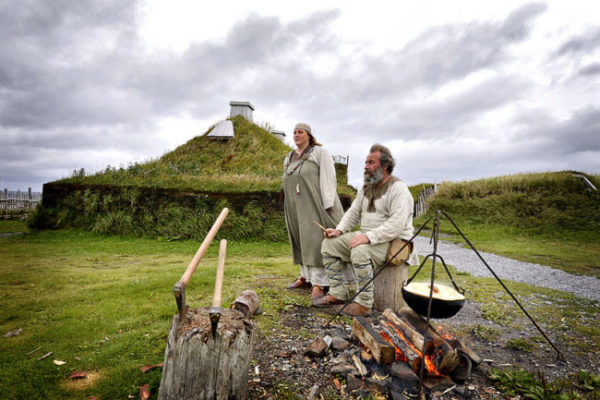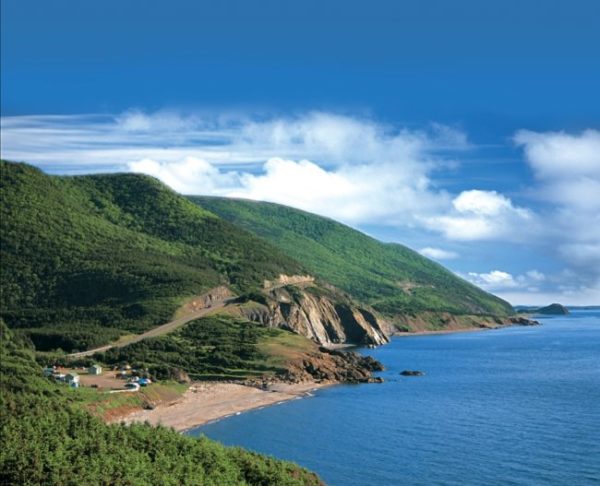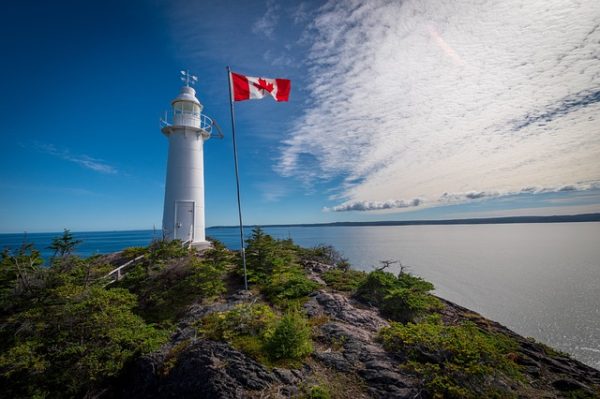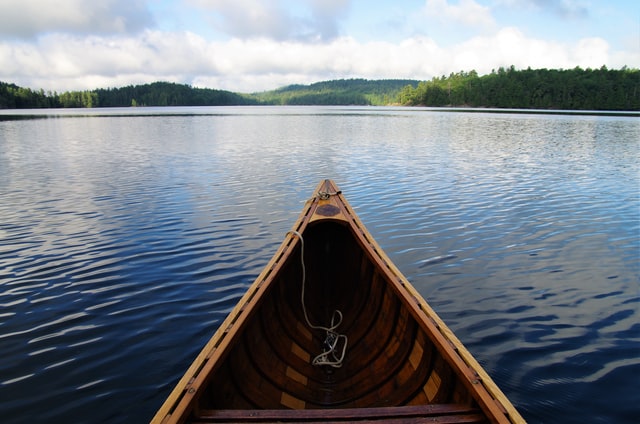The history of Newfoundland and Canada’s East Coast is a fascinating and complex topic, with a rich and diverse cultural heritage that spans thousands of years.
The Viking settlement at L’Anse aux Meadows in Newfoundland, Canada, is the only confirmed Viking site in North America, discovered in 1960 by a Norwegian explorer named Helge Ingstad and his archaeologist wife, Anne Stine Ingstad. The site was occupied by Viking explorers for a short period around the year 1000 AD, and it is believed that they used the location as a base for exploring further into North America. The Vikings likely interacted with the Indigenous people of the region, as evidenced by the presence of butternuts, a native North American plant, at the site. The Vikings at L’Anse aux Meadows engaged in various activities such as boat repair, metalworking, and hunting, and evidence of these activities has been found at the site. The settlement was abandoned after only a few years, for reasons that are still unclear to historians and archaeologists.

It’s also very important to remember that the East Coast of Canada has been inhabited by Indigenous peoples for over 10,000 years. These include the Mi’kmaq, Maliseet, Innu, and Inuit peoples, among others, who play an important role in the cultural, social, and economic fabric of Canada’s East Coast. Many communities are actively working to reclaim their traditional languages, practices, and knowledge, and to promote greater awareness and understanding of their rich and diverse cultural heritage. The Town of Port au Choix is home to Port au Choix National Historic Site, where preserves and interprets four archaeological sites dating back over 3,500 years, including Maritime Archaic burial grounds (one of the largest hunter-gatherer burial sites in North America), Dorset Palaeoeskimo campsites, and Groswater Palaeoeskimo settlements.
The site also features a visitor center with exhibits and displays about the history and culture of the people who lived in the area over the centuries, as well as guided tours of the archaeological sites. Visitors can see artifacts such as tools, weapons, and pottery that were used by these early inhabitants, and learn about their daily lives and customs.

The arrival of European explorers and colonizers in the late 15th and early 16th centuries, most notably the Portuguese and later the French and British, forever altered the region’s history. The first recorded European contact with Newfoundland was by the Portuguese explorer João Fernandes Lavrador in 1498, while John Cabot famously claimed the land for England in 1497.
Throughout the following centuries, Newfoundland became an important hub for the fishing industry, with its cod stocks drawing fishermen from across Europe and beyond. The region was also at the center of many conflicts between the French and British, with the Treaty of Utrecht in 1713 finally ceding control of Newfoundland to the British.
In the 19th and early 20th centuries, the region experienced a significant economic boom thanks to the growth of industries such as mining, forestry, and shipbuilding. However, the collapse of the cod fishery in the late 20th century brought about a period of economic hardship and social upheaval, leading to significant changes in the region’s economy and culture.

Another important chapter in the history of Newfoundland and Canada’s East Coast is the role it played in both World Wars. During World War I, the region was an important base for the Canadian Expeditionary Force, with thousands of soldiers training in the harsh conditions of the Newfoundland wilderness before being sent overseas. In World War II, the East Coast of Canada became a crucial hub for the transportation of troops and supplies to Europe, with Halifax serving as a major naval base and convoy assembly point.
Today, Newfoundland and Canada’s East Coast continue to be known for their rugged natural beauty, unique cultural heritage, and incredibly rich history. From the vibrant cities of Halifax and St. John’s to the remote fishing communities that dot the coastline, this region offers visitors a glimpse into a world that is both ancient and modern, rugged and welcoming, and full of surprises at every turn. If you’re considering a visit to any of the amazing regions in this part of Canada, we would love to help you get there! We’re sure you won’t regret it.













